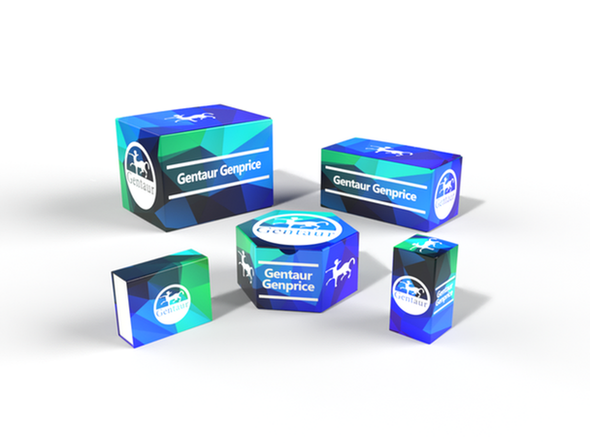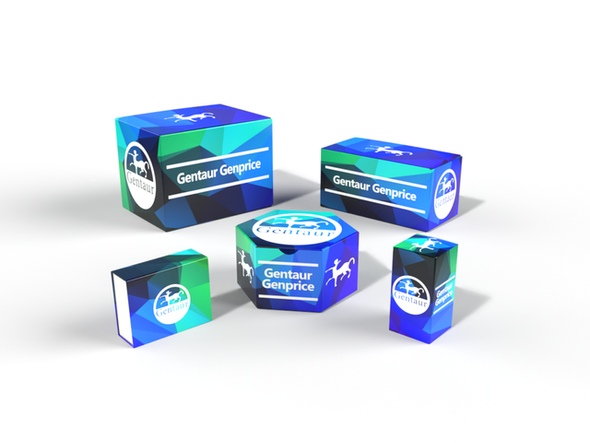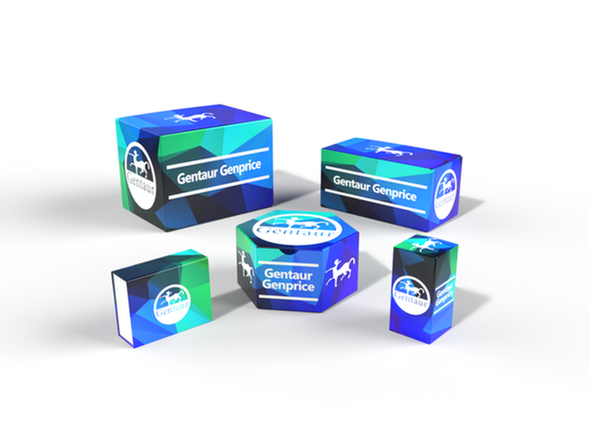BW
MRP3 (L1010) polyclonal Antibody | BS3177
- SKU:
- BW-BS3177
- Availability:
- Usually ships in 5 working days
Description
MRP3 (L1010) polyclonal Antibody | BS3177 | Gentaur UK, US & Europe Distribution
Host: Rabbit
Reactivity: Human,Mouse,Rat
Application: WB
Application Range: WB: 1:500~1:1000
Background: MRP1 is an integral membrane protein that contains an MDR-like core, an N-terminal membrane-bound region and a cytoplasmic linker, and it is expressed in various cerebral cells, as well as in lung, testis and peripheral blood. The MRP gene family also includes MRP2, which is alternatively designated cMOAT (for canalicular multispecific organic anion transporter) and MRP3, which are both conjugate export pumps ex- pressed predominantly in hepatocytes. MRP2 localizes exclusively to the apical membrane and is constitutively expressed at a high level in normal liver cells. Conversely, MRP3 localizes to the basolateral membrane where it also me- diates the transport of the organic anion S- (2,4-dinitrophenyl-) glutathione toward the basolateral side of the membrane. MRP3 is normally expressed at comparatively lower levels than MRP2 and increases only when secretion across the apical membrane by MRP2 is impaired.
Storage & Stability: Store at 4°C short term. Aliquot and store at -20°C long term. Avoid freeze-thaw cycles.
Specificity: MRP3 (L1010) polyclonal Antibody detects endogenous levels of MRP3 protein.
Molecular Weight: ~ 260 kDa
Note: For research use only, not for use in diagnostic procedure.
Alternative Names: Canalicular multispecific organic anion transporter 2; ATP-binding cassette sub-family C member 3; Multi-specific organic anion transporter D; MOAT-D; Multidrug resistance-associated protein 3; ABCC3; CMOAT2; MLP2; MRP3
Immunogen: Synthetic peptide, corresponding to amino acids 981-1030 of Human MRP3.
Conjugate: Unconjugated
Modification: Unmodification
Purification & Purity: The Antibody was affinity-purified from rabbit antiserum by affinity-chromatography using epitope-specific immunogen and the purity is > 95% (by SDS-PAGE) .
Pathway:






